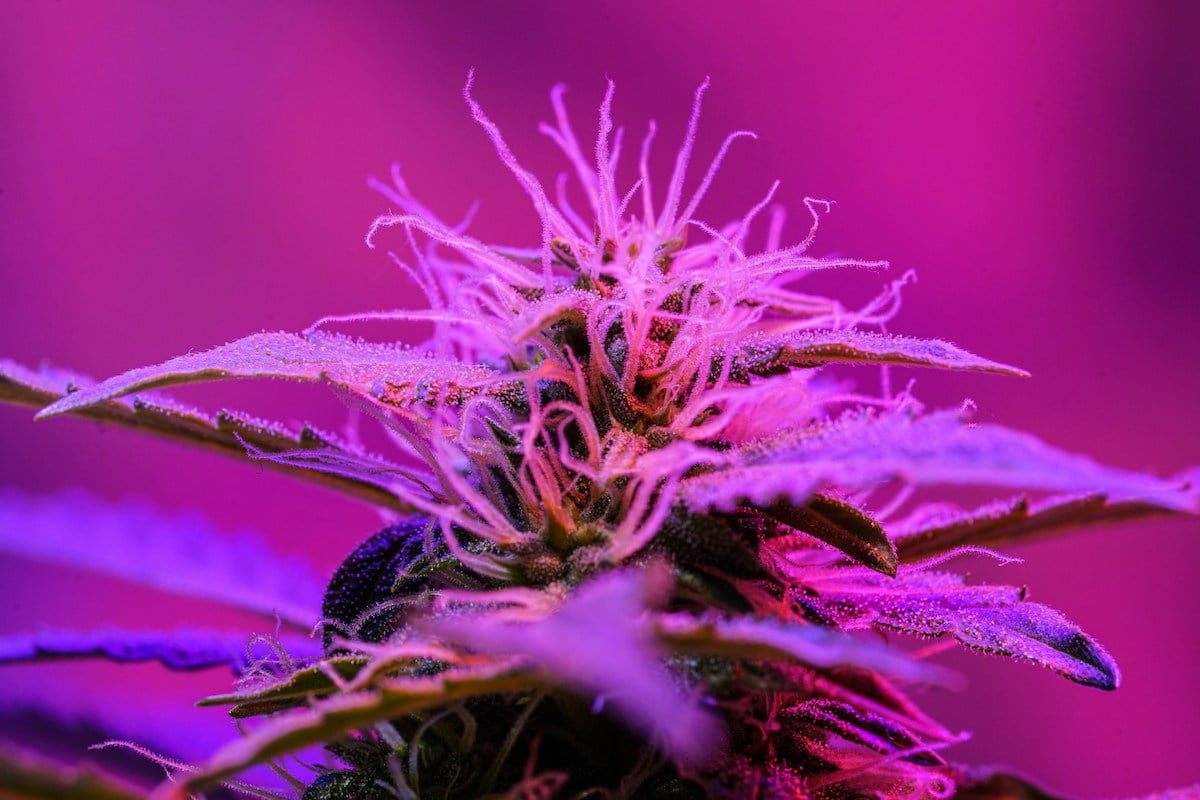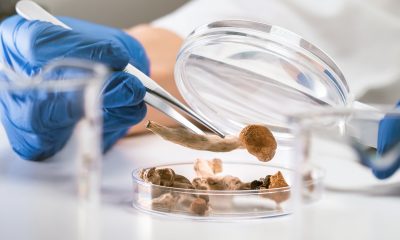MAPS PBC has published anticipated results from its Phase 3b study that could bring MDMA-assisted therapy closer to Food and Drug Administration (FDA) approval by 2024
Phase 3b (MAPP2) study results have shown that 71.2% of participants who received MDMA-assisted therapy no longer met the criteria for post-traumatic stress disorder (PTSD) at the end of the study.
Published in Nature Medicine, the second, confirmatory Phase 3 trial of MDMA-assisted therapy for PTSD met both primary and secondary endpoints, confirming the first Phase 3a (MAPP1) study findings. MAPP1 findings demonstrated that 67% of participants in the MDMA group no longer met diagnostic criteria for PTSD at the end of the study versus 32% of participants in the placebo group.
MDMA-assisted psychotherapy was granted a Breakthrough Therapy status in 2017 – despite being placed under Schedule 1 of the Controlled Substances Act (CSA) in 1984 – as increasing clinical research is showing the treatment’s efficacy for PTSD.
The substance was often used during psychotherapy before its prohibition, and following the drug’s ban, MAPS began its pioneering clinical research with MDMA therapies in 1986 – with the goal of “developing MDMA’s therapeutic potential through FDA-approved protocols”.
Almost 40 years later, this latest Phase 3 study from MAPS Public Benefit Corporation (PBC) – MAPS’ wholly-owned subsidiary focused solely on completing MAPS’ clinical research – provides the FDA with the data it needs to consider the therapy’s approval.
“Thanks to the combined efforts of dozens of therapists, hundreds of participants who volunteered in MAPS-sponsored trials, and many thousands of generous donors, MDMA-assisted therapy for PTSD is on track to be considered for approval by the FDA in 2024,” commented Rick Doblin, PhD, MAPS Founder and President, in a statement.
“Nature Medicine has published the results of the second MAPS-sponsored Phase 3 trial of MDMA-assisted therapy for PTSD, confirming our prior results.
“We hope that MDMA-assisted therapy for PTSD will be approved by the FDA next year — and that our Open Science, Open Books principle will inspire researchers to make this just the first of many psychedelic-assisted therapies to be validated through diligent research.”
A new option for patients
PTSD currently affects up to 13 million people across the US and around 7.7 million people across Europe, however, many treatments are ineffective – creating an urgent need for innovative treatments. The condition is often coupled with conditions such as anxiety, depression and addiction.
“With two positive Phase 3 studies published, we are focused on pulling all of the data together to submit the new drug application for MDMA-assisted therapy to the FDA later this year,” stated Amy Emerson, CEO of MAPS PBC in a press statement.
“Given the urgent need for novel effective treatment options for PTSD and with consistent results from two positive Phase 3 trials we are hopeful that MDMA-assisted therapy, if approved by the FDA, could be a new option for patients, providers and therapists to consider.”
The MAPP2 study results showed that participants in the MDMA-assisted therapy group experienced a significant reduction in PTSD symptoms versus participants receiving placebo with therapy.
The data also demonstrated that MDMA-assisted therapy significantly reduced clinician-rated functional impairment, and no serious adverse events were reported in either the MDMA group or the control group.
In its statement, MAPS highlights that the MAPP2 population reflects the PTSD demographic, with approximately half of the study participants identifying as racially or ethnically diverse.
“MAPP2 data confirm the findings from MAPP1 suggesting the results may be generalised to a broader population of individuals with PTSD who vary not only in the severity of their symptoms, but also in their racial and ethnic backgrounds,” stated Jennifer Mitchell, Ph.D., Professor of Neurology and Psychiatry & Behavioral Sciences at UCSF, and Associate Chief of Staff for Research and Development at the San Francisco VA Medical Center.
“The peer-reviewed publication of MAPP2 confirming the results seen in the first Phase 3 study helps validate the rigour of the data that we have collected in the pivotal programme.”
Cody Shandraw, CEO of Healing Commercial Real Estate Inc. (Healing CREI) and Managing Partner of Ambria Capital stated: “Witnessing this new milestone in MAPS’ clinical trial journey fills us with an overwhelming sense of excitement and anticipation. The years of dedication and hard work that have gone into reaching this point are truly inspiring. As we eagerly follow the progress of MDMA treatments for PTSD, we are reminded of the potential impact these advancements could have on improving lives across the world.
“Because of the global need for these innovative therapies, we anticipate that the demand from patients for this lifesaving treatment will necessitate 16,000 new clinics in the US to support MDMA therapy by 2031. This means that in order to make these treatments accessible to the patients that need them, the work must begin now to enhance the infrastructure within the US Healthcare system to ensure medical facilities across the country are designed to effectively deliver this new treatment option.
“This achievement by MAPS is a testament to the collaborative efforts of the entire team and serves as a beacon of hope for the future of healthcare.”
The study was sponsored by the Multidisciplinary Association for Psychedelic Studies (MAPS) and administered by MAPS PBC, which the non-profit says will now be compiling data from 18 MAPS-sponsored Phase 2 and Phase 3 studies to form the basis of the New Drug Application.


 Opinion2 years ago
Opinion2 years ago
 Insight3 years ago
Insight3 years ago
 Medicinal2 years ago
Medicinal2 years ago
 Research2 years ago
Research2 years ago
 Medicinal2 years ago
Medicinal2 years ago
 Markets & Industry1 year ago
Markets & Industry1 year ago
 News3 years ago
News3 years ago
 Medicinal2 years ago
Medicinal2 years ago
















